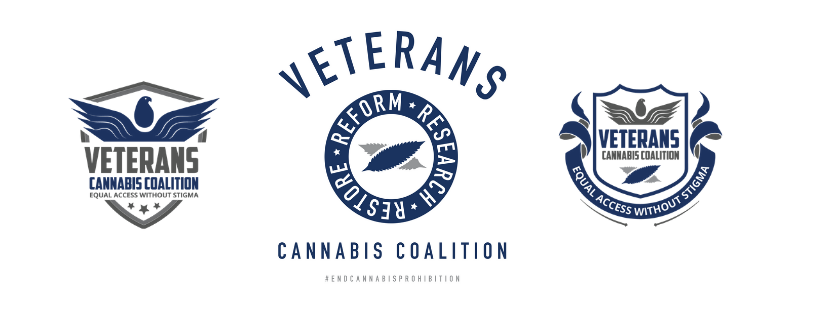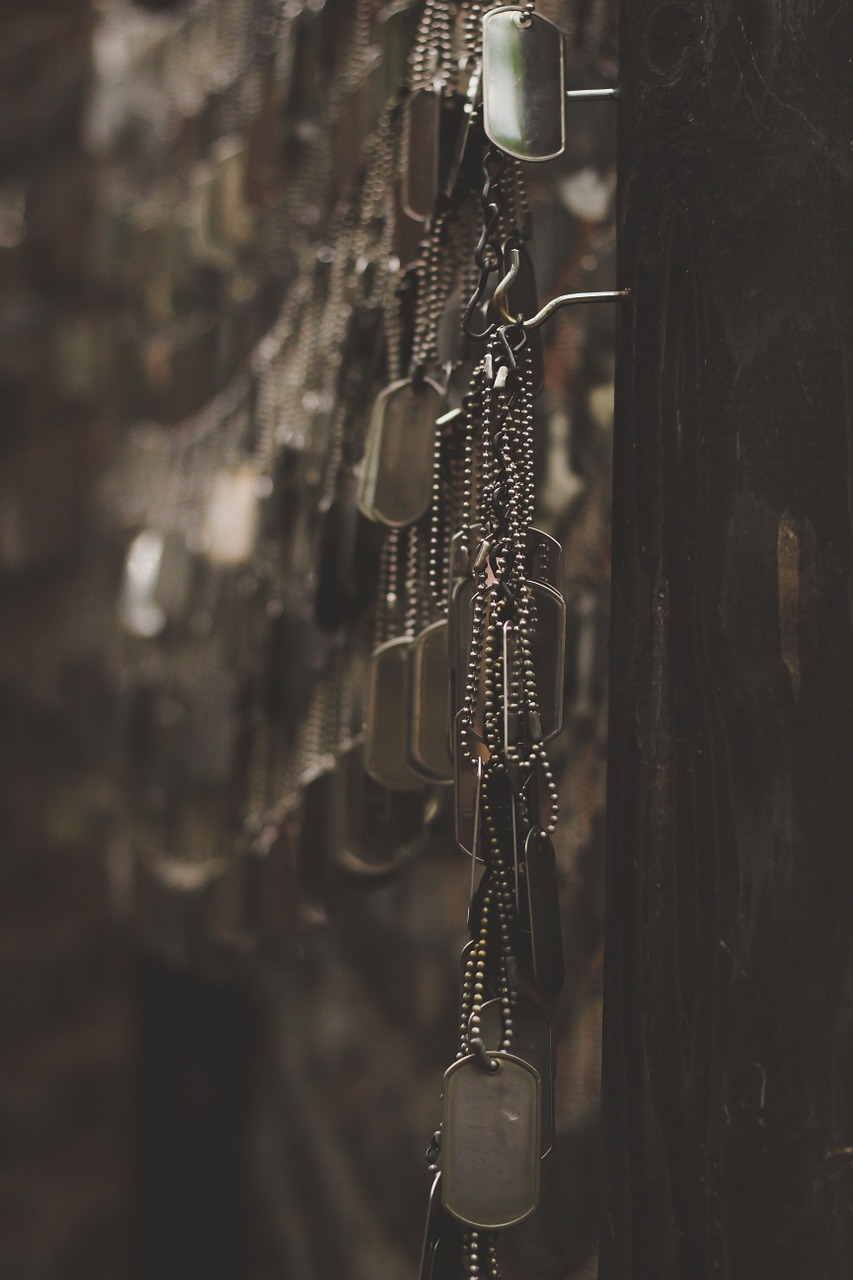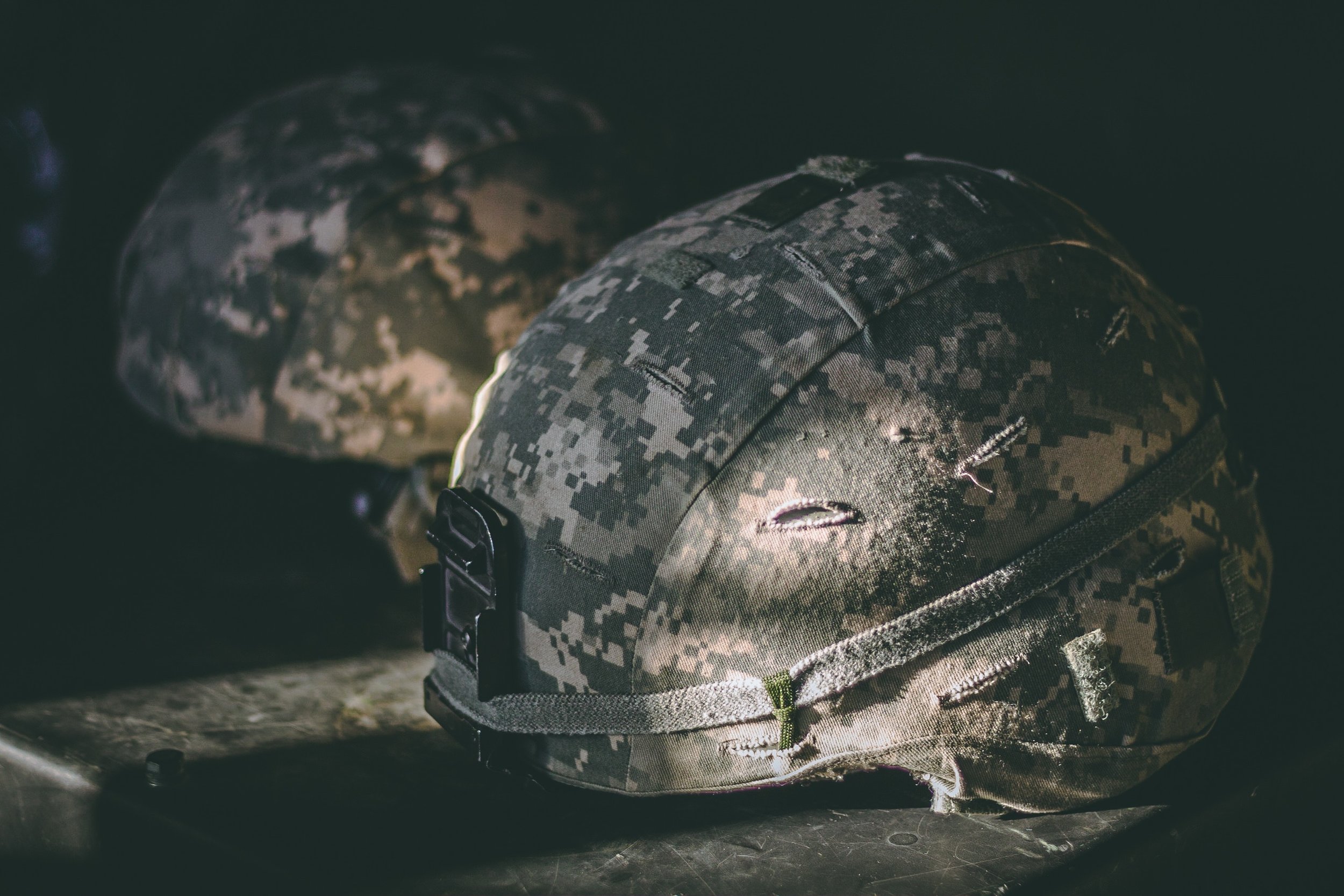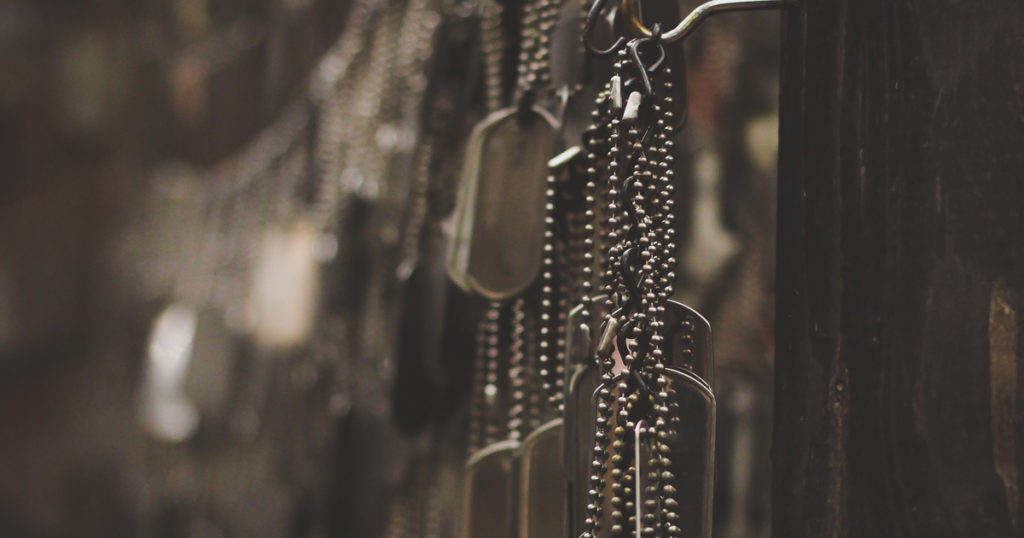
Memorial Day is traditionally a time to remember those who died serving in the United States Armed Forces. In recent years, parades, moments of silence, expensive military demonstrations, and retail sales have come to define the holiday weekend. But there is a critical piece missing in this national remembering: an accounting of exactly how and why hundreds of thousands of Americans have died in military service since World War II—and why a hundred thousand more have died by suicide and overdose since 9/11 and the dawn of the Global War on Terror.
Politicians and military leaders will collectively deliver hundreds of hours of prepared remarks across the country on Memorial Day, repeating a theme that has been burned into the public consciousness: honor their sacrifice. What you will not hear is an explanation for why that sacrifice is necessary—what ends are being served by the means of American lives.

On this national day of selective recollection, who will speak for the dead?
On May 27, 2019, in the year that will mark the 18th anniversary of the U.S. invasion of Afghanistan, no one will offer to explain why a servicemember may die in a conflict that began before she was born. No one will speak to why mothers and fathers and daughters and sons are veterans of the same wars. Will anyone be brave enough to point to the fact that on Memorial Day, like every other day for nearly the last two decades, 22 veterans, active-duty, and reserve servicemembers will succumb to untreated mental and physical conditions and trauma and die by suicide?
Memorial Day is an abstraction. It takes all the pain and horror of war and the general trauma of military service and sanitizes it, sanctifies it, with the deaths of others. We speak of the war dead, those killed in combat. Do we think of those who die in accidents, like sailors killed by command negligence or Marines forced to use faulty equipment because of lack of maintenance funding? Do we consider the soldier who never deployed but still served honorably who, after being raped by comrades, dies by suicide?
Some do. The small percentage of the population that ever served in the military, in any capacity or era, have all seen first-hand what is hinted at but rarely spoken of openly. There is a basic level of degradation and stress placed on any servicemember, but more often than not it is at the hands of peers or leaders that they suffer the most.
Hazing that approaches torture, sexual assaults by superiors and peers, and commanders who do everything in their power to bury the truth and protect their friends and careers. Corrupt officers working junior enlisted to the breaking point until an at-sea collision drowns them in their bunks. Generals and admirals who spend billions on failed weapons projects, then sit on the boards of the winning defense contractors while sending servicemembers to war with defective and prisoner-made body armor. For an institution built on tenants like honor, courage, and honesty, its actual conduct falls far, far from those ideals.
Memorial Day is not about honoring all our dead—it is about the “honorable” dead who fell in combat or in ways we can look at and find some sliver of meaning. It is uncomfortable to think about a fellow solider electrocuted in Iraq because a contractor failed to properly ground a wire in a shower trailer. Or those who developed cancer and died far too young because of toxic exposure, whether its burn pits while deployed or contaminated drinking water at home. The truthful history of how ‘the troops’ in this country are treated by military leadership, Congress, and the VA is one long story of ducking responsibility for obvious incompetence and negligence while pushing the burden to change outcomes onto those with minimal power and influence.
We have abandoned our civic duty to demand answers to how our country conducts national security and foreign policy and traded it for performance of superficial patriotism. That collective failure of the electorate has enabled one of the greatest human tragedies of our generation—a series of wars of intervention that have effectively destabilized entire regions, killing hundreds of thousands of people while forcing millions of human beings to flee for their lives.

Think on all those who died in military service, and the many more whose lives were negatively impacted and cut short by the aftereffects of their service. Think of the decades of war, the millions of casualties, and the trillions of dollars spent and ask: who have we helped? Thinks of all that, then reflect on what you—the individual, the voter, the community member—have done for your country beyond heaping cheap praise on those who live and die based on choices made by elected leaders.
Consider these quotes which bookended the career of Dwight Eisenhower, Supreme Commander of the Allied Forces during World War II and former President of the United States. In 1946, as the world rebuilt from the most destructive war in human history, Eisenhower said: “I hate war as only a soldier who has lived it can, only as one who has seen its brutality, its stupidity.” In the midst of the Cold War with the Soviet Union, near the end of his presidency in 1953, Eisenhower left us with a historic commendation that echoes through today:
Every gun that is made, every warship launched, every rocket fired signifies, in the final sense, a theft from those who hunger and are not fed, those who are cold and are not clothed. This world in arms is not spending money alone. It is spending the sweat of its laborers, the genius of its scientists, the hopes of its children.
Whatever else war and military service means, they are conscious choices made by millions of people. We can choose peace. We can choose compassion. We can choose truth. Memorial Day is as good a day as any to rejoin the fight for a better future and reject endless war and all the ill it brings into our world. All we have are our choices.

Eric Goepel is the founder of the Veterans Cannabis Coalition and a veteran of the Iraq War.
Keep updated on all the latest news and updates in the Cannabis industry here at Beard Bros Pharms by signing for our Friday Sesh Newsletter here. Always Dank and Never Spam!

















